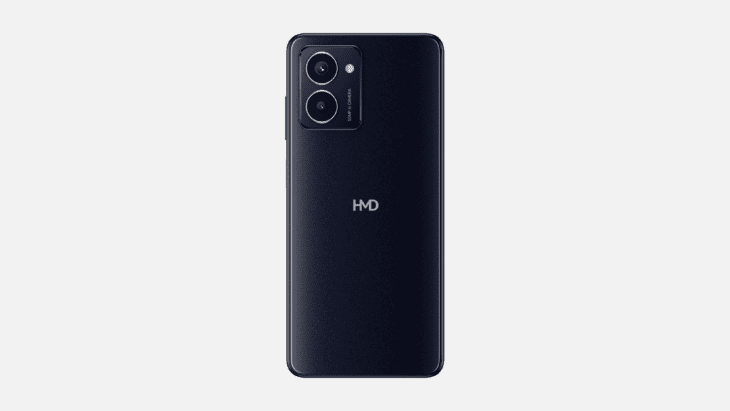What is unconditional income and why Sam Altman
The idea of an unconditional basic income is that every citizen of the country receives a monthly cash payment from the state that does not depend on the existence of a job, social status, any human actions or other conditions. Thanks to this, a person receives free money from the budget simply because he is a citizen of that country.
We already have several examples of similar experiments. In 2017-2019, Finland conducted such a test, in 2021 Germany launched its own test, then Canada and even Kenya, which has conducted the longest tests, from 2 to 12 years depending on the social group, joined in. In Switzerland, a basic unconditional income was also proposed, but residents voted against such an initiative in a referendum.
OpenResearch, Altman’s nonprofit organization that conducted the research, reported some interesting, but mixed, results in its report.
We see significant reductions in stress, mental health issues, and food insecurity in the first year, but these effects disappear in the second and third years of the program. Money alone cannot solve problems like chronic illness, lack of childcare, or high housing costs.
– explained in the report.
The research organization enrolled 3,000 people in Texas and Illinois who earned less than $28,000 a year. One-third received $1,000 a month, while the other two-thirds acted as a control group and received only $50. The payments were made over three years.
Results
- Spending of high-income earners, according to OpenResearch increased by about $310 per monthMost of this money went to rent, food, and transportation, but this group also helped others who needed more help than the control group.
- The researchers also found that participants in the $1,000 group reduced the number of “drinking problems” by 20 percent and 53 percent reduced their use of prescription painkillers that were not prescribed to them.
These results are not surprising, as many studies have shown similar results. However, it is currently difficult to imagine the political will to implement them on a large scale, at least in many countries around the world.













